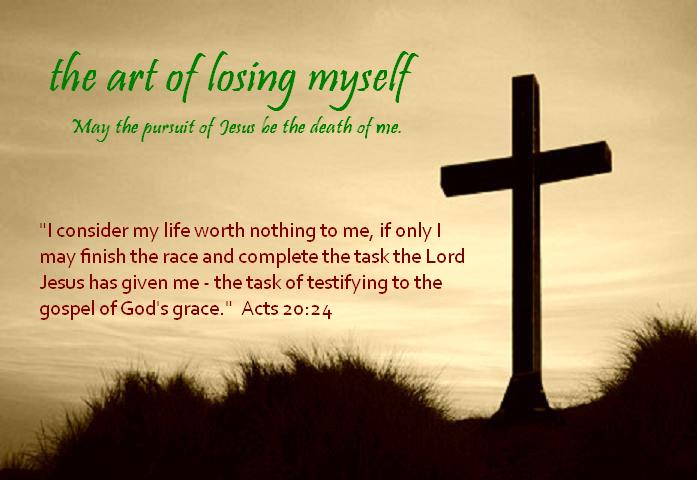What comes into our minds when we think about God is the most important thing about us.
Our images of God are not the same as our ideas about God. Images are not abstract ideas. They are pictures. That is, they are a powerful combination of thoughts and feelings.
Long before we were old enough to think in words, we thought in pictures or images. These images are loaded with emotion. From the first days of life we began storing memories of our emotional experiences. Images of our mother's face when she was distressed and when she was pleased, or of our father's face when he was angry or when he was laughing - all are stored in our memory. These images became linked with the soothing we felt or with the increased fear we felt in interacting with these important faces and voices. All of our experiences, from our earliest days, have been stored in our minds, some of them as emotionally laden images.
Left to ourselves we tend to immediately reduce God to manageable terms. We want to get Him where we can use Him, or at least know where He is when we need Him. We want a God we can in some measure control. We need the feeling of security that comes from knowing what God is like, and what He is like is of course a composite of all the religious pictures we have seen, all the best people we have known or heard about, and all the sublime ideas we have entertained. If all this sounds strange to modern ears, it is only because we have for a full half century taken God for granted. The glory of God has not been revealed to this generation of men.
Christians today appear to know Christ only after the flesh. They try to achieve communion with Him by divesting Him of His burning holiness and unapproachable majesty, the very attributes He veiled while on earth but assumed in fullness of glory upon His ascension to the Father’s right hand. The Christ of popular Christianity has a weak smile and a halo. He has become Someone-up-there, the man upstairs who likes people, at least some people, and these are grateful but not too impressed. If they need Him, He also needs them.
Secularism, materialism, and the intrusive presence of things have put out the light in our souls and turned us into a generation of zombies. We cover our deep ignorance with words, but we are ashamed to wonder, we are afraid to whisper “mystery.”
The low view of God entertained almost universally among Christians is the cause of a hundred lesser evils everywhere among us. A whole new philosophy of the Christian life has resulted from this one basic error in our religious thinking. With our loss of the sense of majesty have come the further loss of religious awe and consciousness of the divine Presence. We have lost our spirit of worship and our ability to withdraw inwardly to meet God in adoring silence. Modern Christianity is simply not producing the kind of Christian who can appreciate or experience the life in the Spirit. The words, “Be still, and know that I am God,” mean next to nothing to the self-confident, bustling worshiper in this twenty-first century.
WHO is GOD to YOU?
“But what about you?” he asked. “Who do you say I am?”





No comments:
Post a Comment